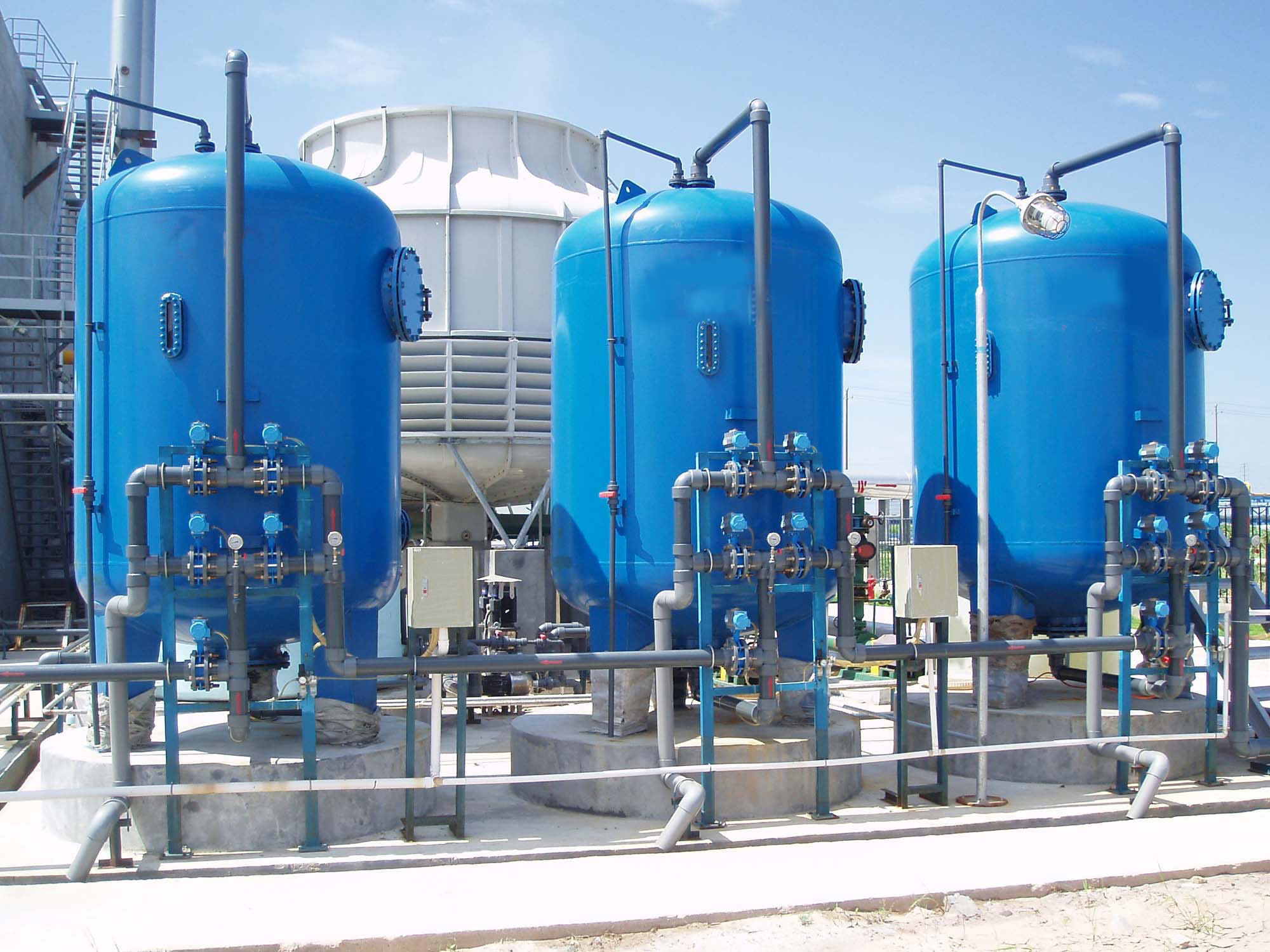-
Call
-
Whatsapp
9825014048
-
Location


Blog


BLOG

Activated Carbon and Alumina Filters
Filtration systems play a pivotal role in the search for cleaner, purer fluids and gases in industrial processes. Among the arsenal of filtration technologies, activated carbon and alumina filters are versatile and practical solutions for removing impurities and contaminants. Let’s explore the myriad benefits of incorporating these filters into filtration systems and how they contribute to improved product quality, equipment longevity, and environmental sustainability.

Activated Carbon Filters: Harnessing the Power of Adsorption
Activated carbon, derived from natural materials such as coconut shells or coal, undergoes a process that creates a highly porous structure with an immense surface area. This unique structure enables activated carbon filters to effectively capture and absorb contaminants, including organic compounds, volatile organic compounds (VOCs), odours, and chlorine.
Key benefits of activated carbon filters:
1. Chemical Filtration: Activated carbon filters remove organic chemicals, gases, and odours from fluids and gases, making them dispensable in applications where purity and odour control are paramount.
2. Improved Product Quality: By removing impurities and contaminants, activated carbon filters produce cleaner, cleaner goods for use in food and drink, pharmaceutical, and water purification industries.
3. Environmental Sustainability: Activated carbon is a renewable and sustainable filtration medium. Many activated carbon filters can be regenerated and reused, reducing waste and environmental impact.
Alumina Filters: Precision Filtration for demanding applications: (H2)
Alumina filters, composed of porous ceramic materials such as aluminium oxide, offer precision filtration capabilities for demanding applications where fine particulate removal is essential. These filters utilize the intricate pore structure of alumina to capture particles and contaminants down to submicron levels effectively.
Key benefits of alumina filters:
1. Submicron Filtration: Alumina filters provide exceptional filtration efficiency, maintaining the integrity of vital processes by collecting submicron particles and checking the cleanliness of fluids and glasses.
2. High Temperature and Chemical Resistance: Alumina filters are tough as nails when it comes to chemicals and extremely high temperatures, allowing them to be utilized in the aerospace, petrochemical, and semiconductor sectors, all of which are known for their challenging environments.
3. Longevity and Reliability: With their robust construction and resistance to degradation, alumina filters are known for their dependable performance and extended lifespan, which helps to reduce maintenance expenses and downtime.
Combining Forces for Optimal Filtration Performance:
While activated carbon and alumina filters excel in different aspects of filtration, their synergistic combination can yield even more significant benefits in filtration systems. Industries can comprehensively remove impurities, contaminants, and odours by incorporating filters, ensuring product quality, process efficiency, and environmental compliance.
Conclusion:
In an era where purity and cleanliness are non-negotiable in industrial processes, activated carbon and alumina filters emerge as indispensable allies in the search for superior filtration performance. Whether removing organic compounds and odours with activated carbon or achieving submicron particle removal with alumina, these filters offer many benefits that elevate filtration standards across industries.
By harnessing the power of activated carbon and alumina filters, industries can safeguard product quality, enhance equipment longevity, and uphold environmental sustainability, setting new benchmarks for filtration excellence in the modern era. It’s time to embrace these advanced filtration technologies and unlock a world of cleaner, purer, and more sustainable industrial processes.


FAQs

Frequently Ask Questions
Activated Carbon Filters: These filters utilize activated carbon, a highly porous material, to adsorb impurities and contaminants from fluids and gases. They effectively remove organic compounds, odours, and volatile organic compounds (VOCs). Alumina Filters: Alumina filters comprise porous ceramic materials like aluminium oxide. They provide precision filtration by capturing particles and contaminants to submicron levels, making them ideal for applications where fine particulate removal is essential.
Activated carbon filters effectively remove many contaminants, including organic compounds, odours, volatile organic compounds (VOCs), chlorine, and certain gases.
Activated carbon filters excel at chemical filtration, removing organic compounds and odours from fluids and gases. They contribute to improved product quality by removing impurities and contaminants. Activated carbon is renewable and sustainable, and many filters can be regenerated and reused, reducing waste and environmental impact.
Alumina filters are used in industries that require precision filtration and resistance to harsh environments, such as the petrochemical, semiconductor, aerospace, and pharmaceutical industries.
Alumina filters provide high-precision filtration, capturing particles to submicron levels. They can remove very fine particulates, maintaining the integrity of vital processes by guaranteeing the cleanliness and purity of fluids and gasses.
Yes, activated carbon and alumina filters can be used together to remove impurities and contaminants comprehensively. Their combined use can enhance filtration performance and address a broader range of filtration requirements in industrial processes.
Maintenance requirements vary depending on operating conditions and contaminant levels. Activated carbon filters may require periodic replacement or regeneration, while alumina filters generally have a longer service life and may only require occasional cleaning or replacement.
Yes, factors such as operating conditions, contaminant types, flow rates, and space constraints should be considered when selecting filters. Consulting with a filtration specialist can help determine the most suitable filters for your application requirements.
